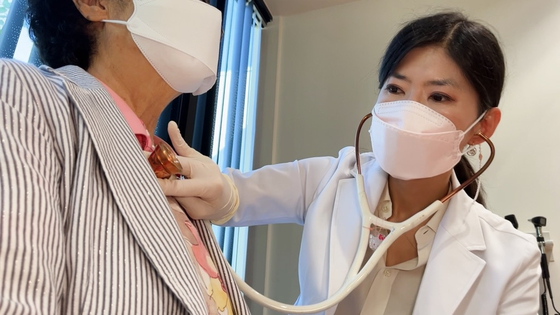Medical Specialties +
>> Brief Introduction about Internal Medicine Specialty
There are so many fields covered by internal medicine that they are sometimes divided into details.
For example, there is a specialized field for diabetes and a specialized field for cardiovascular disease.
Most hospitals, including university hospitals, have internal medicine as their commander in chief.
The patient is first examined, and if there is a problem with any part, it is sent to the appropriate specialization.
Additionally, medications or endoscopes can treat diseases that cannot be treated surgically.

Internal medicine is also a specialized field with the largest amount of study in all specialties.
>> How Important Is Internal Medicine
When I'm in the emergency room, I get a lot of requests like this.
"Doctor, I need to operate on this person,
but can I be admitted to the internal medicine department as he is critically ill?
Doctor, he is a patient in our department, but I think he will die if he is admitted to our department.
Can't we be admitted to the internal medicine department?
I would like the internal medicine department to take a look at him before he is admitted to our department..." (Wikipedia).
Since the internal medicine department is in charge of treatment, if there is an abnormality,
it plays a role in sending it to another department according to the problem.
Therefore, it is also a reason why internal medicine is very important to patients.
>> Job Satisfacation
It is true that physicians make a lot of money.
But are all physicians satisfied with their lives?
The answer is not.
Unlike other majors, students who wish to become doctors must spend 11 to 12 years
in university and graduate school to get the job.
Will one be happy to become a doctor?
Internists especially need to study consistently
and study the knowledge they have learned.




